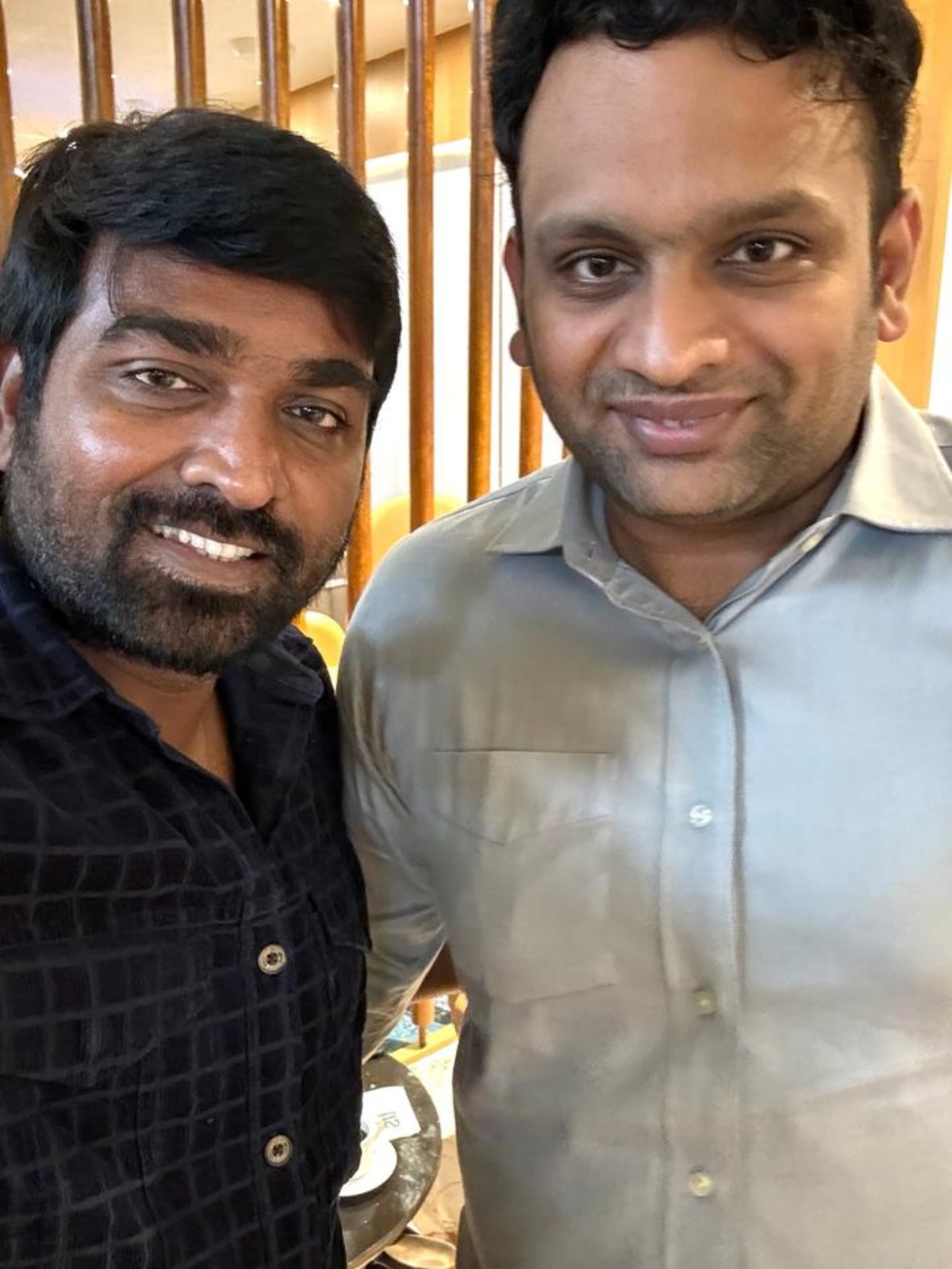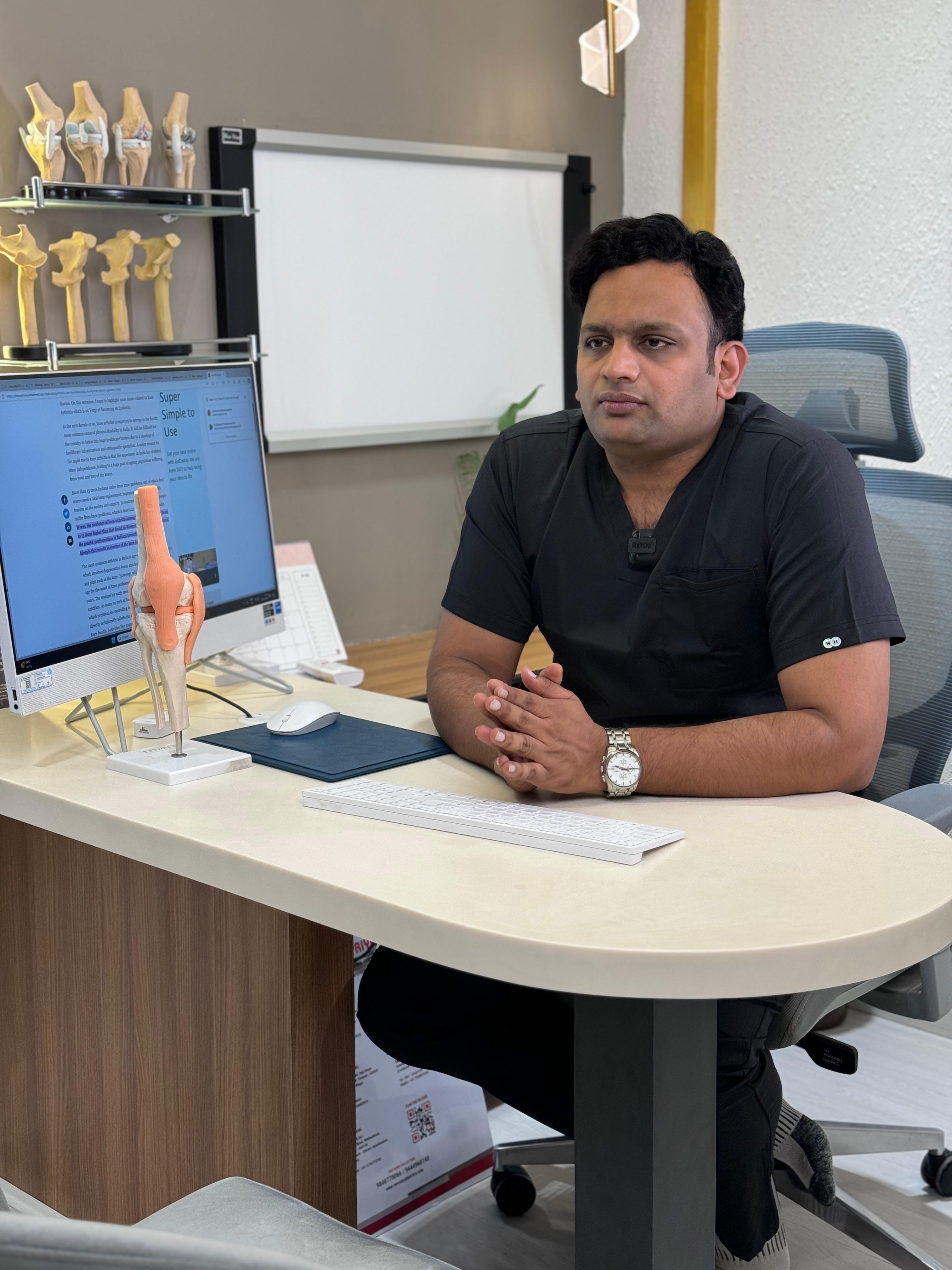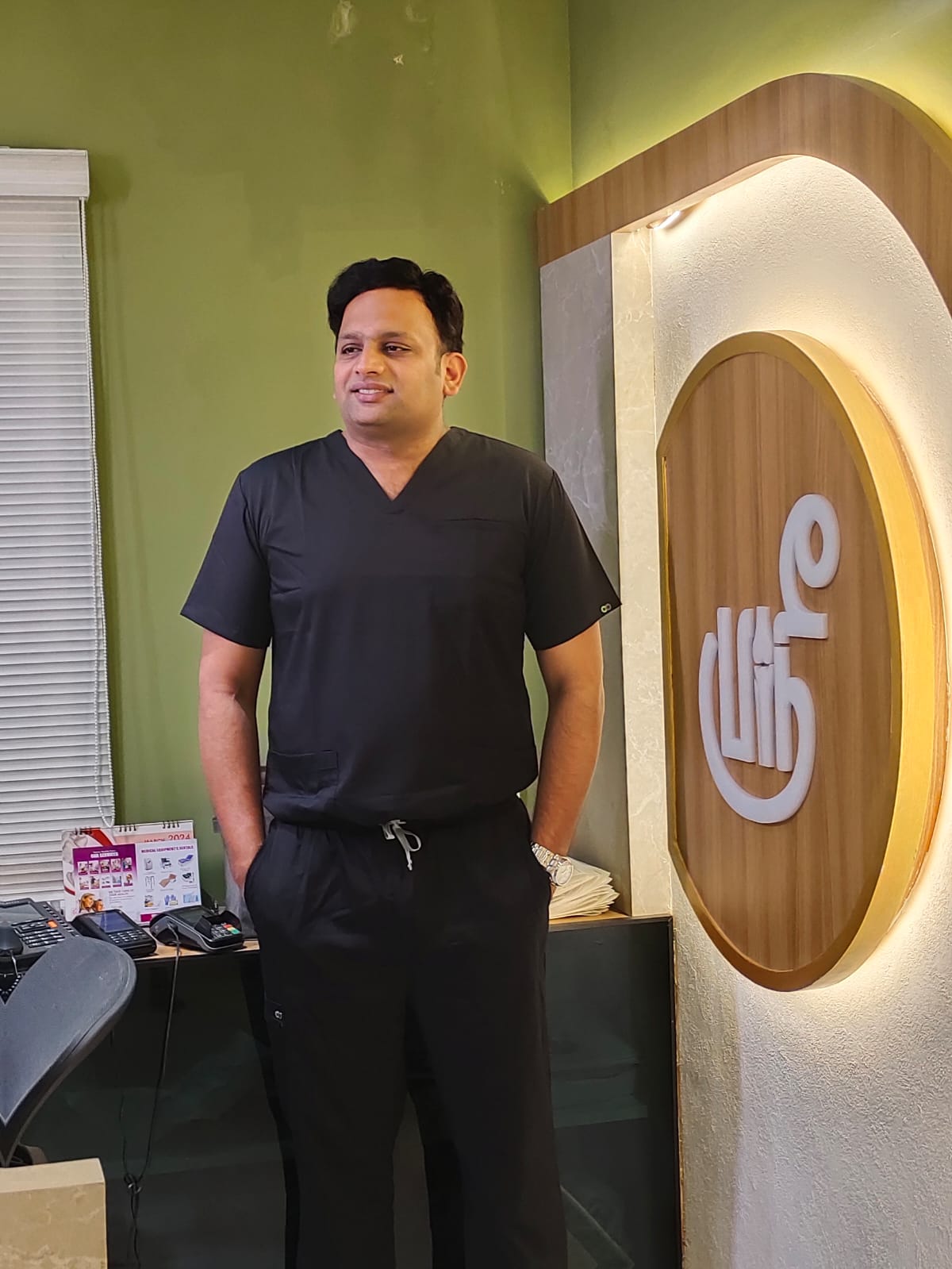Overview of spine surgery
Spine surgery encompasses various procedures to address various conditions affecting the spinal column and nerve tissues. Common types of spine surgeries include laminectomy, vertebroplasty, and spinal fusion. These surgeries are typically performed to alleviate pain caused by inflamed nerve roots, correct structural issues, or stabilize the spine. For instance, a laminectomy involves removing part of the vertebrae to relieve pressure on the spinal nerves, often used to treat spinal stenosis. A vertebroplasty, on the other hand, involves injecting medical cement into the vertebrae to strengthen them, usually to treat fractures resulting from osteoporosis.
The approach to spine surgery can range from minimally invasive techniques, which allow for quicker recovery, to more extensive procedures that may require longer recuperation periods. Decisions regarding the type of surgery are based on the specific spinal condition, the location of the issue, and the patient’s overall health. For example, artificial disk replacement might be considered for a damaged or degenerated disk, while a foraminotomy might be performed to relieve pressure on compressed nerves. Spine surgery aims not only to decompress nerves or stabilize the spine but also to reduce pain and improve the patient’s quality of life.
Types of Spine Surgeries
Spine surgeries are diverse and tailored to address specific spinal issues. Common types include vertebroplasty, where medical cement is injected into vertebrae; kyphoplasty, similar to vertebroplasty but includes inflating a balloon inside the bone; laminectomy, removing part of the vertebrae to relieve pressure; diskectomy, excising damaged disk tissue; spinal fusion, fusing two vertebrae together; and foraminotomy, enlarging the nerve passageways to ease the pressure. Each surgery has its indications and is chosen based on the patient’s condition and the surgeon’s assessment.
Each type of spine surgery has specific indications and is chosen based on the patient’s condition, the location and severity of the issue, and the surgeon’s assessment. For example, artificial disk replacement might be considered for a damaged or degenerated disk, while a corpectomy could be necessary for removing a vertebral body due to tumors or severe disk degeneration. Surgeons may opt for minimally invasive techniques when possible to reduce recovery time and complications. Ultimately, spine surgery aims to provide relief from debilitating symptoms and enhance the patient’s overall well-being.
Conditions Treated
Spine surgery is performed to treat a variety of conditions that affect the spinal column and nerve tissues. These conditions include spinal deformities like scoliosis and kyphosis, spinal infections, trauma, spine tumors, and degenerative spine conditions such as spinal stenosis and herniated disks. Additionally, surgeries like spinal fusion are used for spinal instability, deformities, traumatic spine fractures, degenerative disc disease, spondylolisthesis, and spinal tumors. These surgeries aim to alleviate pain, restore function, and improve the patient’s quality of life.
Symptoms Indicating Spine Surgery
Symptoms that may indicate the need for spine surgery include persistent pain that radiates to the arms or legs, constant back pain that doesn’t improve with conservative treatments, reduced mobility, numbness or weakness in the limbs, progressive loss of function, and disruptions in bowel or bladder control. These symptoms can be caused by various conditions, such as herniated discs, bone spurs, spinal deformities, or tumors. It’s essential to consult with a spine specialist for a thorough evaluation if these symptoms persist, as they can assess whether spine surgery is an appropriate option for you.
Diagnostic Procedures
Before undergoing spine surgery, a comprehensive set of diagnostic procedures is typically performed to ensure an accurate diagnosis and to guide the surgical plan. These procedures often begin with X-rays, which provide images of the bones and can reveal issues such as bone spurs or the distance between discs. MRI scans (Magnetic Resonance Imaging) are also standard; they use a magnetic field to take detailed images of the body’s internal structures, including soft tissues like nerves and ligaments, and can show abnormalities such as herniated discs or spinal stenosis.
In addition to X-rays and MRI scans, CT/CAT scans (Computer Assisted Tomography) may be used to show both bones and soft tissues in cross-sectional images, providing a comprehensive view of the spine’s structure. A myelogram might be performed, which involves injecting a special dye into the spinal canal to outline the spinal cord and nerve roots during an X-ray, helping to identify abnormalities in the shape of the spinal sac. These imaging tests, along with others like bone scans, electro-diagnostic studies (EMG/SSP), facet joint blocks, and discograms, provide a multi-faceted view of the spine’s condition, aiding surgeons in their preoperative assessment and planning.
Preoperative Preparation
Preoperative preparation for spine surgery is a critical step to ensure a successful procedure and recovery. Patients are typically advised to stop taking anti-inflammatory medications and anticoagulants a week before surgery. A preoperative appointment at the spine center is necessary to complete any pending lab work and imaging and to consult with an anesthesiologist.
It is also recommended to shower with antiseptic soap the night before and the morning of the surgery. Patients should fast according to the instructions given by the surgical team, which usually includes not eating or drinking after midnight on the day of the surgery. Additionally, preparing a travel bag with necessary items for the hospital stay, such as identification, insurance cards, and personal care items, is essential. Following these steps can help minimize the risk of complications and promote a smoother surgical experience and recovery.
Postoperative Care
Postoperative care following spine surgery is crucial for a successful recovery and involves several key steps. Initially, patients are monitored in the hospital for a few days to manage pain, prevent complications, and begin early mobilization. Wound care is essential; the surgical site should be kept dry, with dressing changes as advised by the medical team. Pain management typically includes medications, and patients are encouraged to gradually increase activity levels, including sitting and walking, as soon as possible post-surgery.
At home, it’s important to continue following the surgeon’s instructions, which may include wearing a brace, avoiding specific movements, and attending physical therapy sessions. Regular follow-up appointments are necessary to monitor healing progress. Patients should also be aware of signs of infection or other complications and report them immediately to their healthcare provider. Adhering to these guidelines can help ensure a smooth recovery and return to daily activities.

Best Hospital for Spine Surgery in Chennai, India
There are several Top Orthopedic Hospitals in Chennai, but Shri Bone and Joint Clinic in Chennai is renowned for its exceptional orthopedic care, particularly in spine surgery. Led by Dr. Shriram Krishnamoorthy, a National Board-certified orthopedic surgeon with over a decade of experience, the clinic specializes in a range of treatments, including arthroscopy, complex fracture management, and joint replacement. The clinic’s approach to spine surgery emphasizes minimally invasive techniques, aiming to reduce recovery time and improve patient outcomes.
Patients at Shri Bone and Joint Clinic benefit from a holistic approach to spinal problems, receiving personalized care that extends from accurate diagnosis to comprehensive postoperative rehabilitation. The clinic’s commitment to providing high-quality, cost-effective treatment options, coupled with Dr. Shriram Krishnamoorthy’s and his team’s expertise, has earned it a reputation as one of the region’s best hospitals for spine surgery. The clinic’s dedication to patient care is reflected in its high patient satisfaction rates, making it a trusted choice for those seeking spine surgery in Chennai.
Best Surgeon for Spine Operation in Chennai, India
Dr. Shriram Krishnamoorthy is a prominent Orthopedic Specialist in Chennai and is highly regarded as one of the best surgeons for spine operations in Chennai, with a reputation built on a foundation of extensive knowledge, skill, and compassionate care. As a National Board certified orthopaedic surgeon, Dr. Shriram Krishnamoorthy brings a wealth of experience to his practice, specializing in joint replacements, sports injuries, shoulder surgery, and pediatric orthopaedics. His commitment to excellence is evident in his approach to patient care, thorough diagnosis, and personalized treatment plans tailored to each patient’s unique needs.
Patients under his care at Shri Bone & Joint Clinic can expect a holistic treatment experience. From the initial consultation to postoperative recovery, Dr. Shriram Krishnamoorthy ensures that every aspect of the patient’s journey is managed with the utmost professionalism and empathy. His dedication to adopting the latest minimally invasive surgical techniques contributes to better outcomes and faster recovery times, making him a preferred choice for those seeking spine surgery in Chennai.
Cost of Spine Surgery in Chennai, India
The cost of spine surgery in Chennai, India, varies widely depending on the type of surgery, the hospital’s infrastructure, the surgeon’s expertise, and the specific condition being treated. Generally, the cost can range from INR 60,000 to INR 4,00,000. Factors influencing the price include the surgical technique used, the severity of the spinal condition, the reputation and location of the hospital, and the type of room chosen for the stay. Diagnostic tests prior to surgery, such as MRI, X-ray, and CT scans, also contribute to the overall cost. It is advisable to consult with healthcare providers for detailed pricing based on individual cases and to explore insurance or financing options that may be available.
What is the most common spine surgery?
The most common spine surgeries are lumbar spinal fusion and decompression surgeries, such as laminectomy, primarily due to the high prevalence of lower back pain and degenerative spine conditions. These procedures aim to alleviate pain and stabilize the spine.
What is the age limit for spinal surgery?
There is no specific age limit for spinal surgery; decisions are based on the patient’s overall health, comorbidities, and potential benefits versus risks of the procedure.
Can you live a normal life after spinal surgery?
Many individuals can return to normal and even vigorous activities approximately six months after spinal surgery, with outcomes improving further over 12 to 18 months, provided they maintain a healthy lifestyle and adhere to their doctor’s instructions.
Which hospital is best for spine surgery in Chennai?
Shri Bone and Joint Clinic in Chennai is the best for spine surgery in Chennai for its exceptional orthopedic care.
How much does spine surgery cost in Chennai?
The cost of spine surgery in Chennai typically ranges from INR 60,000 to INR 4,00,000, depending on various factors such as the type of surgery, the hospital, and the surgeon’s expertise.
Better Health Care is Our Mission
Phone
Shri Bone & Joint clinic
#1, 2nd Main Road
Nehru Nagar
Adyar
Chennai - 20.
Phone: 044 3549 0206
MGM Healthcare
No.72,
Nelson Manickam Road,
Collectorate Colony, Aminjikarai,
Chennai - 600029.
Phone: 044 4524 2424






